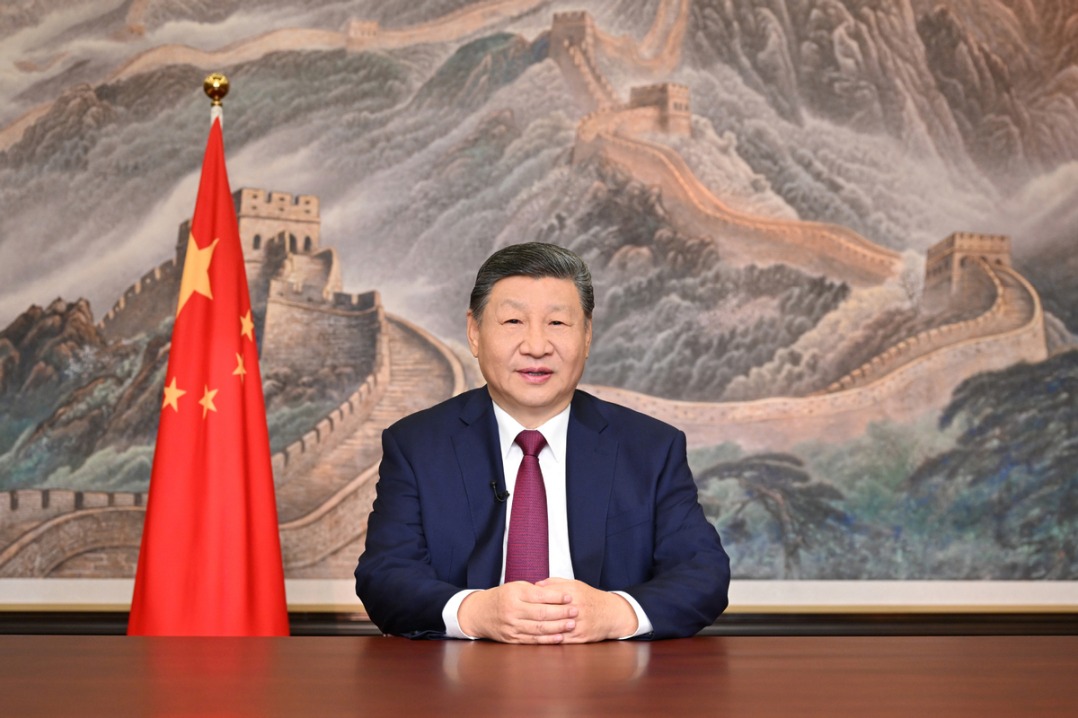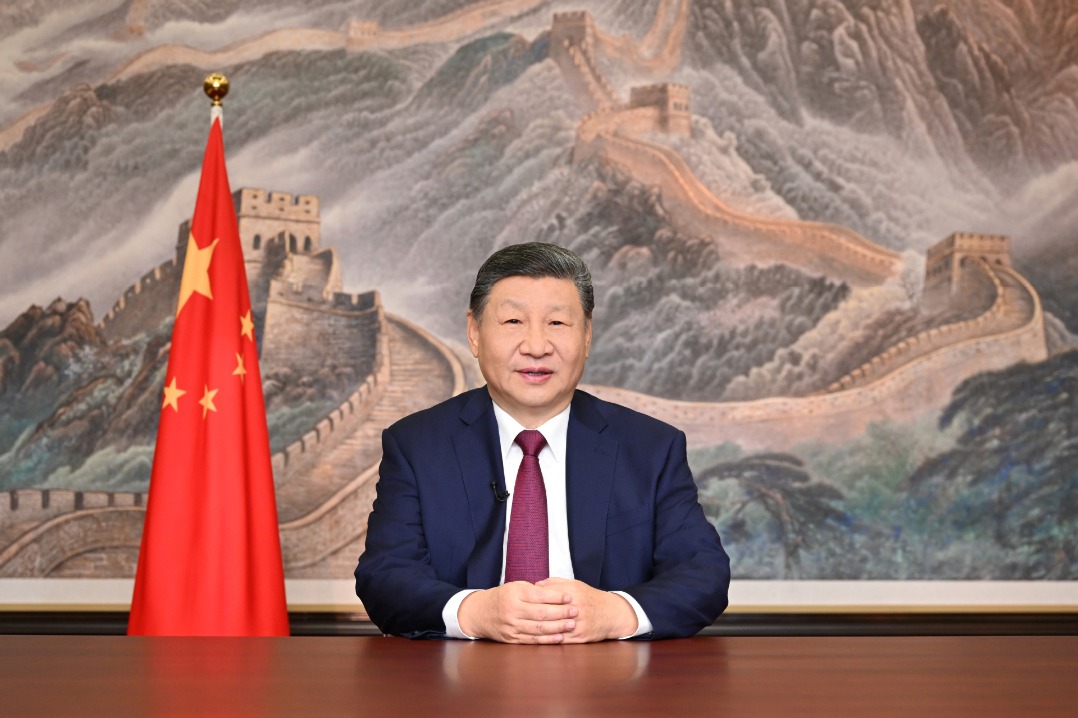Beijing relocations add impetus for growth


Key strategy
In 2014, the central government initiated a key strategy to coordinate the development of Beijing, Tianjin and Hebei, with the transfer of non-capital functions being a major task.
A year into her new life, Zhang has been pleasantly surprised. Her business has flourished in Hebei Xinfadi, a wholesale market and logistics center for agricultural produce.
As an established major relocation cluster in the region, the market has expanded rapidly. Since it was established in 2015, it has become home to 6,200 wholesalers of fruit, vegetables, cooking oil, nuts, condiments, beverages and flowers.
"The costs of business and life are lower, thanks to the market's supporting policies and the low cost of living, plus the wholesale business seems to be better than in Beijing," Zhang said.
She said her store, which covers 160 square meters at Hebei Xinfadi, is rent-free for the first three years, which will save her about 70,000 yuan ($10,000) per annum, which was what she paid in Beijing.
To help newly settled wholesalers develop their businesses, the market, which is spread over 139 hectares, also covers daily expenses, such as lodgings and food, for customers who visit from other places looking to make deals, she said.
The wholesalers supply products to 13 provinces and regions in northern China, including Shanxi, Shandong, Beijing and Tianjin. More than 15 supermarkets in Beijing purchase agricultural products from Hebei Xinfadi, according to the market's publicity office.
"With the market expanding, my business has increased," Zhang said, adding that in the past year, she has sold goods worth 6 million yuan-about twice the value of her annual sales in Beijing.
According to the market's publicity office, about 80 percent of the wholesalers at Hebei Xinfadi-some 20,000 people-come from Beijing.
Many similar bases have been established in Hebei to receive nonessential businesses from the capital, such as the Mingzhu Commodity Trade City in Cangzhou, a clothing wholesale cluster set up as a base for Beijing's clothing industry.
In the past five years, more than 7,900 companies and other entities have relocated to cities in Hebei from Beijing or Tianjin, Hebei Daily reported.
Moreover, in the first half of last year, nearly 300 manufacturing companies moved out of Beijing, and more than 50 markets and logistics centers were either relocated or upgraded, according to Xinhua News Agency.
























